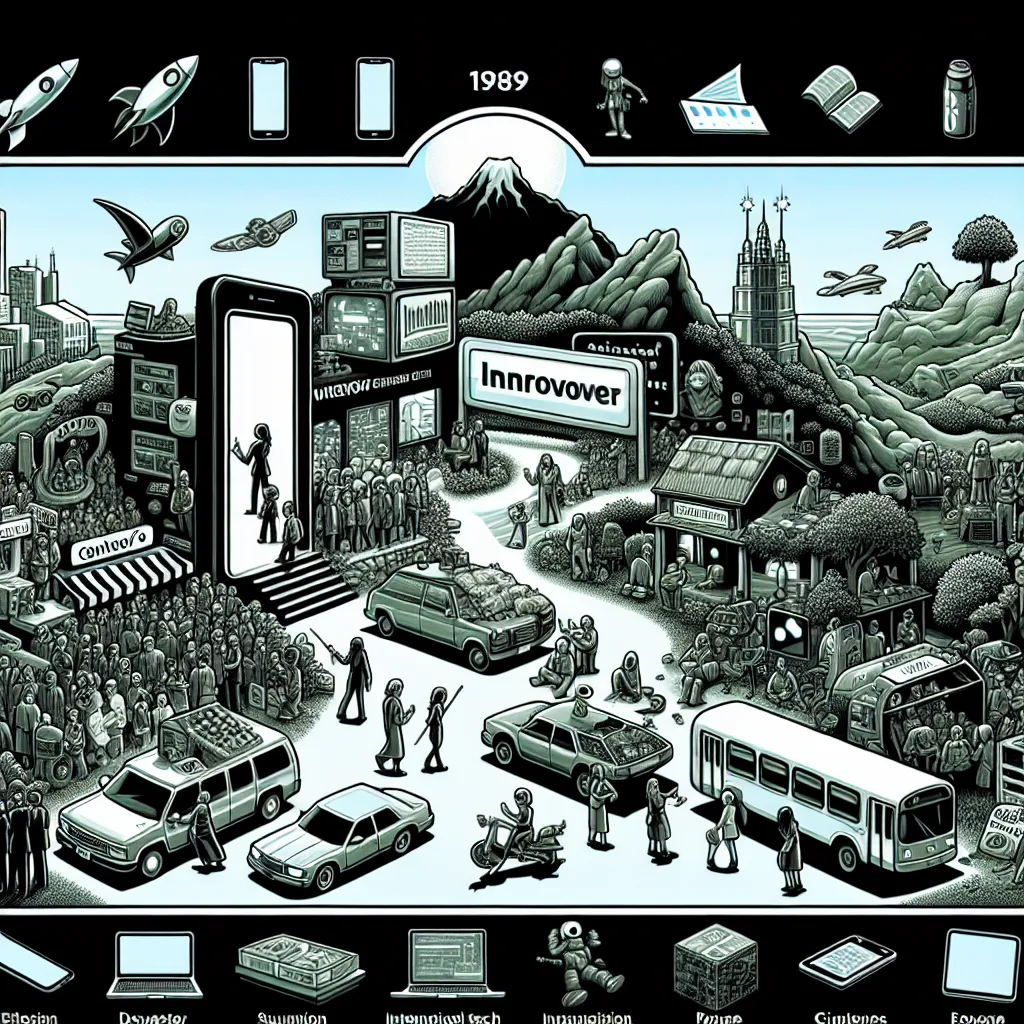The gig economy is all about taking on temporary, flexible jobs instead of sticking to the traditional 9-to-5 grind. This way of working isn’t super new, but with all the digital platforms and apps popping up, it’s easier than ever to find gigs. It’s kinda like how musicians play gigs at different spots—short, sweet performances. In the gig economy, workers get to pick when and where they work, often through apps like Uber for driving or Grubhub for food delivery.
In this setup, companies bring on independent workers for short-term tasks. These could be freelancers, part-timers, or independent contractors. And it’s not just one industry—gig work can be found in writing, design, construction, teaching, you name it. A freelance writer, for instance, might spend their morning on a project for one company and their afternoon with another. This kind of flexibility is a major draw.
The big win for workers? Flexibility. They can take gigs that fit their schedules and interests, work from home, and dodge the regular office routine. It’s also a great way to make some extra dough. So, someone might work a full-time job during the week and drive for Uber on weekends to pull in some extra cash.
Businesses love the gig economy too. They save big on not having to shell out for benefits like health insurance or paid vacation. Plus, they can bring in experts for specific projects without the hassle of committing to a full-time salary. This keeps things agile and allows businesses to adapt quickly to changing needs.
Consumers get a lot out of the gig economy as well. It’s all about convenience and often comes with lower prices. Airbnb offers cheaper places to stay compared to hotels. Ride-hailing apps like Uber make getting around a breeze without owning a car. These services are typically available around the clock, making life easier for those with busy schedules.
When it comes to personal finance, the gig economy shakes things up. Workers get more control over when and how much they earn. They can take on work as they need it, which is great for balancing life and work. But it also means dealing with income that isn’t steady and no traditional benefits like health insurance or retirement plans, which makes budgeting a bit trickier.
Job security is a big hang-up for gig workers. No steady paycheck means planning for the future can be tough. Plus, they’ve got to handle their own taxes and any expenses, which isn’t always simple. Take a freelance writer—they’d need to pay for their own health insurance and sock away savings for retirement.
Despite the hurdles, the gig economy opens up a lot of financial doors. Workers can pick up side gigs to earn some extra cash and spread out their income streams, which can be safer than relying on just one job. Someone might drive for Uber, deliver food, and do some freelance writing—all to keep the income rolling in.
Thinking about diving into the gig economy? A few tips can’t hurt. First, get the lowdown on the pay and any costs you might have to cover—some gigs could have you paying for things like gas or equipment. Keep in mind you’ll need to budget for taxes since you’re the one responsible for paying them. Watch out for scams and be cautious about burnout since the work can be hit-or-miss.
The gig economy is shaking up how we see work. It’s letting people work from anywhere, anytime. This kind of flexibility is especially crucial as remote work becomes the norm. With technology only getting better, the gig economy is likely to keep growing.
So, in a nutshell, the gig economy offers a lot of flexibility and opportunities for everyone involved. Sure, it comes with its own financial challenges, but it’s here to stay. By getting a good grasp of how it works and preparing for the twists and turns, you can really make the most out of this new way of working.






